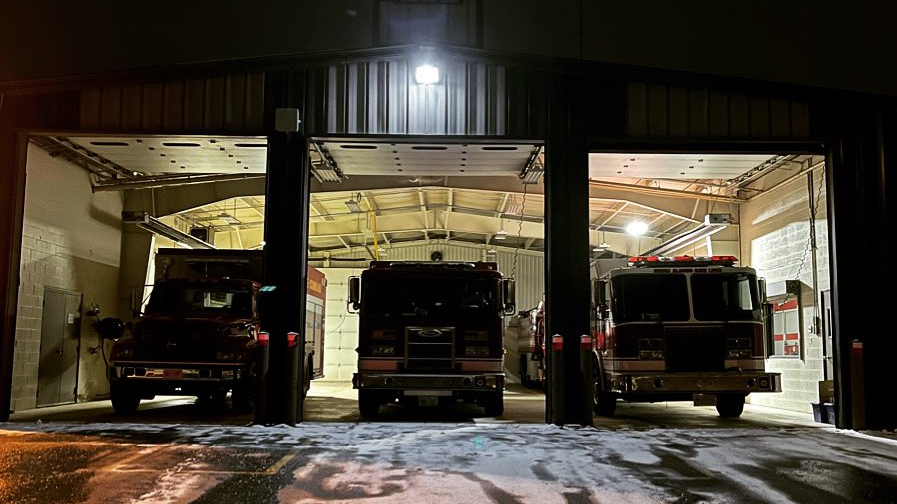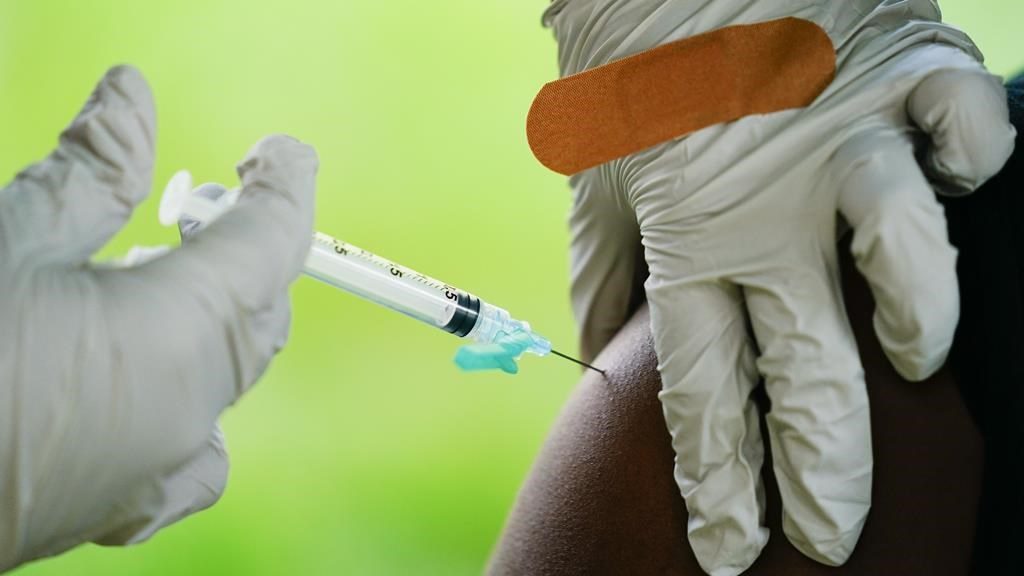NACI advice on vaccines ‘scared a lot of people’: UW prof
Posted May 4, 2021 07:30:00 PM.
The National Advisory Committee on Immunization has been coming under fire after its latest advice around COVID-19 vaccines.
On Tuesday, NACI called the Pfizer-BioNTech and Modern vaccines the “preferred” shots, contradicting Health Canada's advice to get the first COVID-19 vaccine that's made available.
The announcement came to the surprise and frustration of frontline workers in COVID hotspots across Canada, that have been operating on that advice.
“The whole reason for that (messaging) is that the risk of COVID right now is very high,” said Dr. Kelly Grindrod, associate professor in the University of Waterloo's School of Pharmacy.
“We're in the middle of a third wave and our hospitals are completely overwhelmed, especially with younger people.”
But she said it's not like the messaging was dramatically different to what we've heard in the past.
She said it essentially acknowledged the rare risk of blood clots presented by the Oxford-AstraZeneca and Johnson & Johnson shots.
Grindrod said people have been using that in weighing their decision on which vaccine to take, but added the challenge was more around how NACI presented the statement, rather than what was actually presented.
“It scared a lot of people,” she said, “And people who had made decisions, it triggered a lot of people to really question the decision they had made.”
There are also those that may think about vaccine mixing, something those including Grindrod have been wondering about.
She said the topic is more of a policy making decision, and there is research ongoing in the UK, where subjects who have been given the AstraZeneca shot will be given the Pfizer shot as a second dose.
Doses of Pfizer is the most widely available in Canada at the moment, but it isn't available to younger age groups.
Results of that study are expected sometime next month.
Grindrod said while the messaging from NACI recognized the risk on one side, it didn't acknowledge the risk of being unvaccinated longer.
She said those who got the AstraZeneca vaccine essentially bought themselves an extra month of vaccine coverage than what they would've gotten otherwise.
People who got the shot are posting angry messages on social media, saying they were hoodwinked into getting a second-rate vaccine.
Others wonder if they should cancel planned first jabs of that vaccine or refuse a second dose of it.
Grindrod said people need to ask themselves seriously when they think they'll get the next vaccine, adding many circumstances — being an essential caregiver, essential worker, living in a hotspot or have a health condition — may tip people toward getting the first shot available.
She said the number one criticism was that the message implied people had more choice, and more time to make the decision.
But Grindrod said the reality is the risk of getting COVID-19 is still high, and you may not have the luxury of choosing.
She pointed out those pre-registering will still need to wait about 4-6 weeks to book an appointment.
See below for data presented by Grindrod and other experts, including information on when it's best to get a vaccination as soon as possible, as well as when to hold off.
– With files from The Canadian Press
*Fixed* New @Pharmacy5in5 tool on the vaccines in










